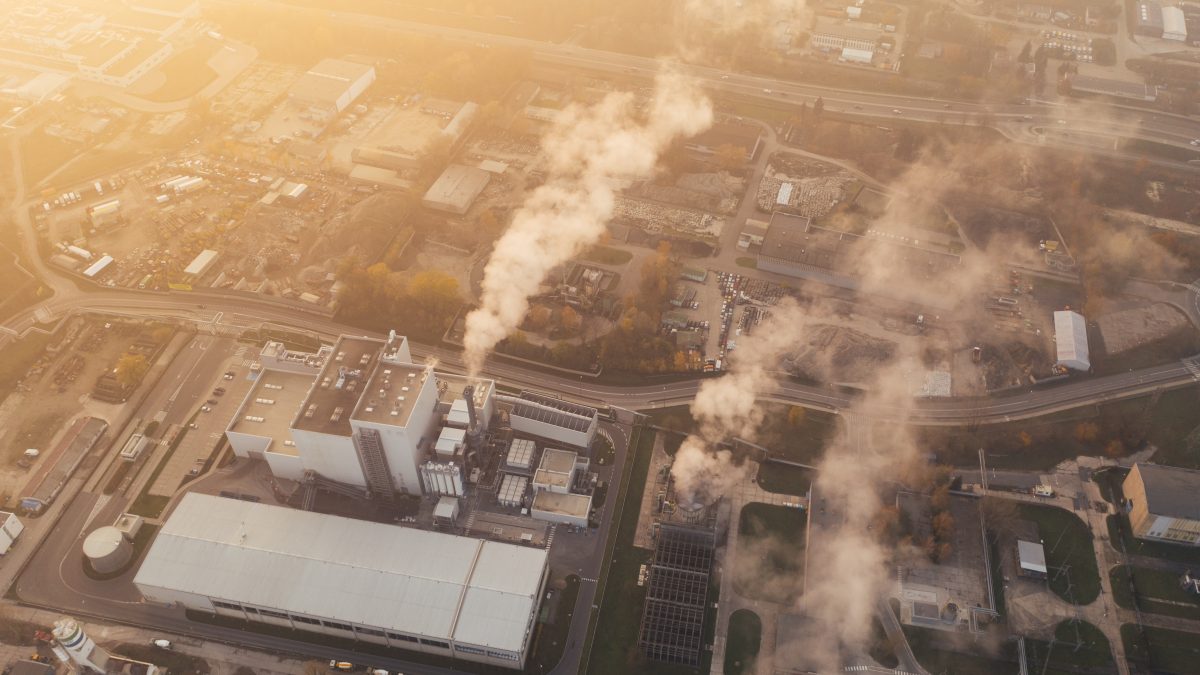Waste and its Contribution to Climate Change
Governance & Env., Tech & Product
By Kate Huun from University of Colorado Boulder
Photo by Marcin Jozwiak on Unsplash
Source: https://www.colorado.edu/ecenter/2020/12/10/waste-and-its-contribution-climate-change
When you think of climate change mitigation and reducing your carbon footprint, you probably think of driving less and turning out the lights; but did you know that organic and inorganic waste that you produce is also a huge contributor to global greenhouse gas emissions? A zero waste lifestyle not only keeps material out of our landfills, but it reduces your carbon footprint.
The Science
- When organic waste decomposes, carbon dioxide and methane gas is created. Methane is created when there is no air present, while carbon dioxide is the natural product when anything rots in air.
- The production and incineration of inorganic waste uses natural resources such as water, fuel, metal, timber in their production and this results in the emission of greenhouse gases, particularly carbon dioxide and other pollutants.
- Plastic waste produces greenhouse gas emissions during every stage of its lifecycle. The extraction and transportation of plastic is dependent on oil, gas, and coal. The production and disposal of plastics also release tons of carbon emissions.
- Waste management (transportation, incineration, etc.) is a huge contributor to greenhouse gas emissions.
Ways you can help
- Refuse to purchase what you don’t need
- This prevents the production and disposal of waste
- Reduce waste production when you buy the things you need
- Buy in bulk rather than buying individually packaged goods
- Reuse things rather than throw them away
- Reuse plastic waste and eliminate the need for new plastic products to be made!
- Recycle what you can’t reuse
- Keep waste out of the landfill and allow it to become new material!
Categories
- Consumer (2)
- Driver (2)
- Governance & Env. (7)
- Organization (2)
- Partner (1)
- People (1)
- Tech & Product (2)
